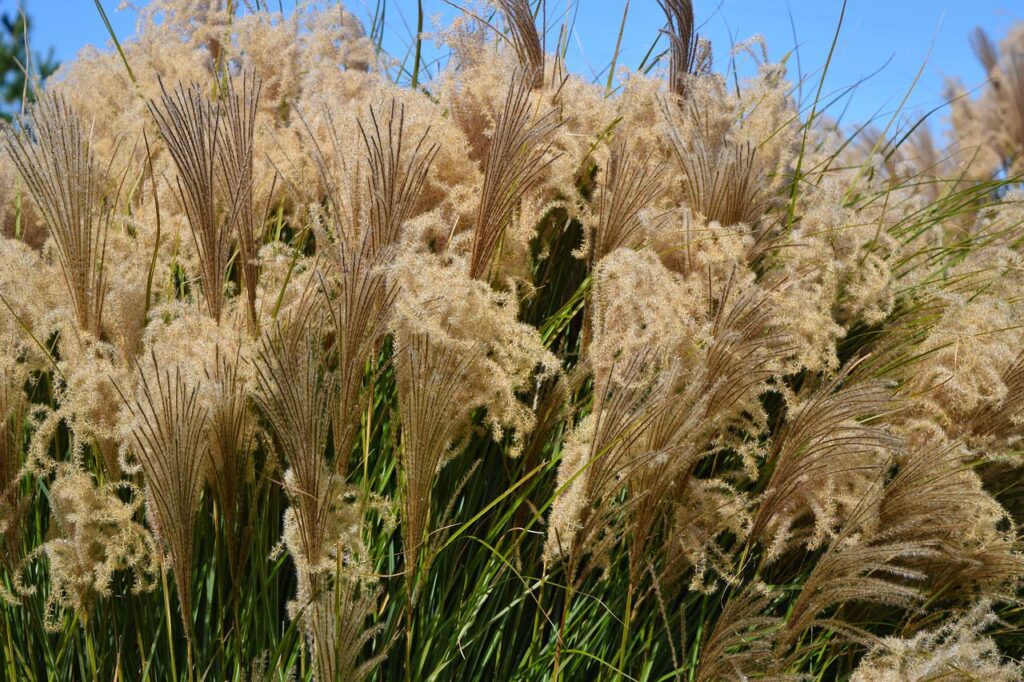The program is solidly grounded in the basic sciences (general biology, chemistry, math and physics) needed to understand the latest research in botany. It also allows a range of choice in upper level courses permitting students to tailor their degrees to their interests within plant biology.
Botany is important to study or understand because it has much ecological and economic importance. For instance, plants are used as a source of food, fuel, and have medicinal implications. We know that botany is defined as the scientific study of plants. But older classifications were not very accurate and superficial characteristic features were often used to classify plants. Hence, it included a whole range of plant-like organisms such as algae, lichens, ferns, fungi, mosses along with actual plants.
Market Value:
Botany is the one of the best professional courses we have to study here about the plants science and agriculture related science that is also having a forever use in our daily life the pay scale of its professionals depends on the professionalism you are working in:
- If you are in teaching profession the salary can be varied- 15000-45000
- If you are working with any firm then it could be- 12000-35000
- If are in the research department then it varies in- 15000-75000
Admission Criteria:
Those who have completed F.A/F.Sc/A-Level or equivalent with minimum second division are eligible for admission.
Admission is granted on merit determined on the basis of scores earned in admission tests and academic records.
Career Path:
First thing first!!!!
Eligibility |
Selection Criteria |
Merit Formula |
| FSc (Pre-Medical) or A-Level with Biology as per University Rules. | Academic Qualification 50% Test/Interview:50% | =[( ( Marks Obtained in SSC)/Total x 30) + ( (Marks Obtained in HSSC)/Total x 70)] |
B.S. BOTANY: Course Highlights
Course Level |
Duration of the Course |
Examination Type |
Credit hours |
| Under Graduate | 4 years (8 semesters) | Semester-Wise | 124-136 |
Driving institutions:
Institution |
City |
| 1. University Of Karachi | Karachi |
| 2. Jinnah University For Women | Karachi |
| 3. Federal Urdu University Of Arts Science & Technology, Karachi | Karachi |
| 4. University Of Sindh | Jamshoro |
| 5. Shah Abdul Latif University | Khair Pur |
| 6. Government College University Hyderabad | Hyderabad |
| 7. F. G. Degree College, Hyderabad Cantt | Hyderabad |
Undergraduate:
Botany in Pakistan aims to promote a critical understanding of utilization of plants and explore underlying mechanisms for promoting an eco-friendly environment. Botany as the mother subject provides the baseline to progress all the disciplines of plant sciences of conventional as well as modern era. The disciplines of Botany has a broad scope covering so many fields like education, forestry, horticulture, dendrochronology and climatology, research organizations related to agriculture, plant biotechnology, molecular genetics, phycodiversity, lichen biodiversity, plant and microbial genetic engineering, plant metabolic engineering, biopharming etc
Related job fields:
- Plant explorer
- Conservationist
- Ecologist
- Environment consultant
- Horticulturist
- Plant biochemist
- Molecular biologist
- Industrial ecologists
- Agricultural Plant Scientist
- Soil and Water Conservationist
- Horticulturist
- Science writer
- Secondary school teacher
Work description:
- Search to find new species or do experiments to discover how plants grow under different conditions.
- Study interactions of plants with other organisms and the environment while other study the structure of plants.
- Work in the field, concentrating on the pattern of the whole plant.
- Conduct experiments to determine how plants convert simple chemical compounds into more complex chemicals.
- Study processes that occur on a time scale ranging from fractions of a second in individual cells to those that unfold over eons of evolutionary time.
- May even study how genetic information in DNA controls plant development.
- Conduct research, act as managers and administrators, and teach.
- Many also serve as consultants or inspectors, prepare technical publications, or work for agricultural, seed, and chemical companies.
Pros
- Salaries are usually pretty high.
- Work can happen virtually anywhere.
- Above average growth is expected in this field.
- Numerous work sectors are available.
- There are opportunities to change niche specialties frequently.
Cons
- It requires an extensive education.
- Research positions almost always require a PhD.
- There can be a lot of pressure involved.
- It might mean some physically challenging work.
- Workplace injuries add even more pressure.
CONTENT CURRICULUM POWERED BY UNIDESK

